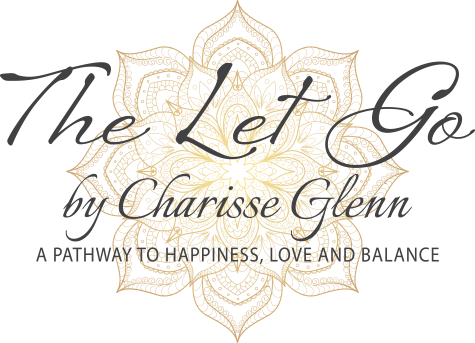H.H. Tenzin Gyatso, the XIV Dalai Lama of Tibet once said: “To be aware of a single shortcoming within oneself is more useful than to be aware of a thousand in somebody else.”
Our habits, tendencies, and behaviors construct who we are. Good or bad, we move through life defending our ways of being. We make excuses for our actions if they ruffle feathers. Our explanations are the justifications we tell others: this is how we are, or we have always been this way, as if written in stone somewhere, making it unchangeable. We call it our personality, expecting those around us to deal with these mannerisms because they love us as if we have a get-out-of-jail-free card to be however we want. It’s who we are, so deal with it if you want to spend time with me. This assumption that others will sacrifice for us carries over regardless of its effects on them.
There is much controversy about nurture versus nature. What emotional traits are we born with? What is changeable or not? The research offers varying opinions, but what is conclusive is that 50 percent is most likely changeable.
So, the idea that we are the way we are so deal with it is bogus.
We generally don’t feel the need to change; if it ain’t broke, don’t fix it. Yet, if you are on the journey of self-awareness leading to a more actualized self, change is always a factor when we move through the lessons of this life. This self-awareness helps us pinpoint habits and behaviors, also called our tendencies and triggers, that may use tweaking.
We can change our tendencies if we are conscious enough to identify them. The power of change lies first in isolating that we want to change. It may not be easy to wrestle with what we always thought was true, but it is possible.
What are tendencies?
There are too many to name, yet they are the cornerstones we think define us. You may be bossy, overreactive, or mean-spirited, finding the negative in every situation, or you may be the one who blames everyone and never takes responsibility for what happens in your life. Somehow, everything happens to you, and you feel powerless, the victim of circumstance. It works the other way, too, taking responsibility for everyone and everything but not allowing anyone to help. Some people are disrespectful, rude, or hurtful to those they love or strangers; there is no difference. One tendency doesn’t overshadow another; all of them prevent us from becoming more evolved.
The current buzzword “getting triggered has become front and center in justifying behaviors. Get over it; get over yourself. We are adults; as adults, we learn to control our emotions, feelings, and reactions. That is part and parcel of becoming an adult, leaving behind those reactions we used to get the attention of our parents, caretakers, and friends.
Unfortunately, our politically correct society has given way, allowing outbursts instead of holding those adults accountable for their actions. The cultural change that awarded anyone for just showing up was the fabric of dumbing down our culture.
Yet, it is that simple. Deciding to change is the first step. Once we identify the behaviors that make us who we are, we can let them go. It is a choice to take action.
Change can be difficult only if you believe it to be. The body follows our thoughts, and changing our thoughts changes our actions.
We will fall back into these behaviors and habits; therefore, we must stay diligent about our desire to transform.
When we believe something is unchangeable, it is difficult to convince the brain that it is. One element that helps those wanting to alter their responses is using the correct words, which, as we know, are thoughts made concrete. When children are praised for their intelligence, they believe it is fixed. Conversely, those commended for their efforts believe intelligence is not fixed and has room for growth. So, deciding to choose the beneficial words can easily create the outcome of a growth mindset. Saying: You worked hard to accomplish that, instead of: You are so smart, will cause the brain to grow and modify into more.
It is not impossible to completely oust a belief, but it will take effort and diligence. A suggestion is to look at the task from another point of view. We all know that habits are changeable and learnable. When we look at the behavior we want to change and focus on altering our habitual response, we can alter it. Shifting our response alters the outcome, redirecting the thought pattern behind the reaction. Thus, reversing our tendency to behave in specific ways requires mindful attention to our behaviors. We can modify our immediate reactions, thus integrating our new reactions into our conscious choices.
When we revisit old issues specifically to learn the lessons they generated, we can let them go. The power lies in letting go of the past to make room for the future.
“What we think, we become”
~Buddha






Mary DaSilva
I love this I think it also takes a lot of courage to be consciously aware of our shortcomings and to make a change.
I think it also takes a lot of courage to be consciously aware of our shortcomings and to make a change.